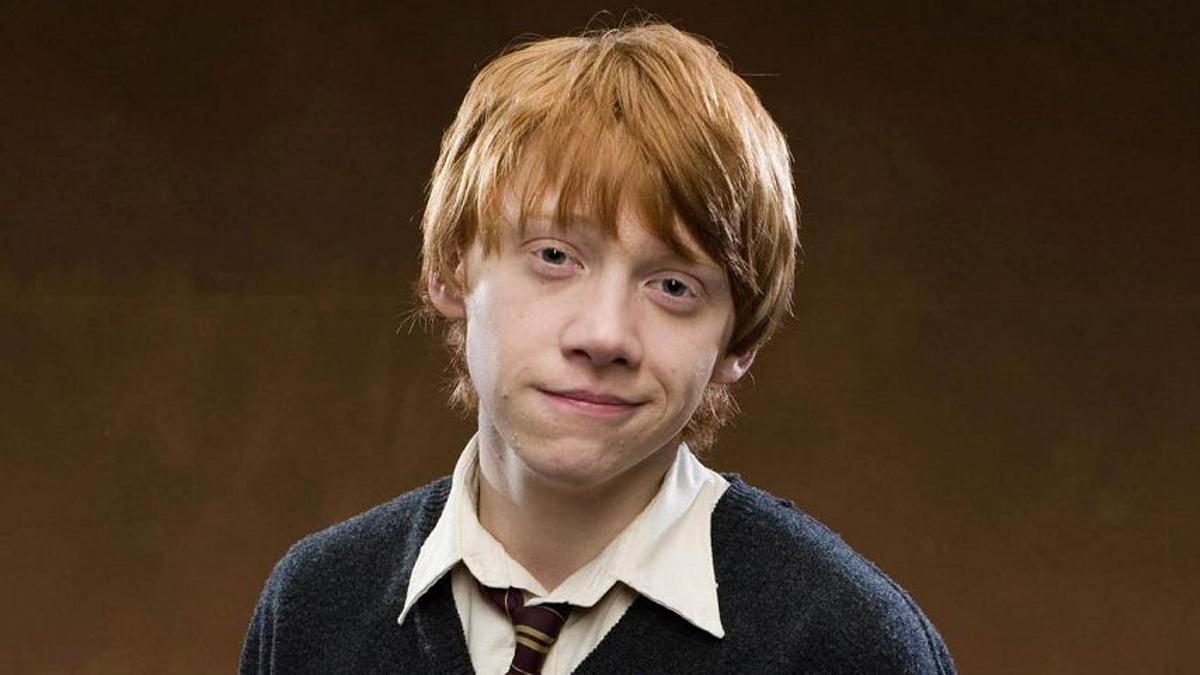Rupert Grint has been informed that he owes more than £1.8 million in taxes after losing a legal battle against HM Revenue and Customs (HMRC) over a “Beatles clause” appeal.
A judge has ruled that the Inland Revenue was correct to impose a tax charge on the Harry Potter actor’s share of income from future TV and DVD sales of his work.
The court decided that Grint’s “residuals”—the earnings made from repeat screenings or sales of his work—should be taxed as income.
In 2011, following advice from his father, Nigel Grint, Rupert set up a company called Clay 10 and sold his residual rights as capital to reduce his expected tax burden.
This strategy helped lower his anticipated tax liability from £2.2 million (which would have been taxed at the top rate of 50 percent) to £450,000.
However, HMRC applied the so-called “Beatles clause” to Grint’s case. This tax provision stems from an earlier legal ruling that established that earnings converted into capital still need to be taxed at the higher income tax rate.
The clause takes its name from The Beatles, who attempted to use a similar tax strategy in the late 1960s.
The band created a company to which they sold their music rights, thus paying 30 percent capital gains tax instead of the higher income tax rate of 95 percent that applied at the time.

Rupert Grint in Harry Potter As Ron Weasley
The Beatles had even criticized the high rate of income tax in their 1966 song “Taxman” from the album Revolver. Other famous figures, such as Mick Jagger and David Bowie, also became tax exiles to protect their wealth from excessive HMRC bills.
Grint, who is best known for playing Ron Weasley in the Harry Potter franchise, lost his appeal against HMRC following a tax tribunal hearing before Judge Harriet Morgan.
Judge Morgan ruled that Grint had met the “avoidance test” and that the capital sum, representing the right to £4.5 million of consideration left as an outstanding debt, should be taxed as income.
This ruling follows an earlier defeat in August 2016, when Grint lost an appeal for a £1 million tax refund.
A tribunal judge had rejected his attempt to use a change in accounting dates to shield his earnings from the higher 50 percent tax rate.
At the time, it was estimated that Grint had earned around £24 million from the Harry Potter franchise.
During the 2019 hearing, Grint, who first appeared in the films at the age of 12, admitted that his understanding of financial matters was “quite limited” and that he had entrusted his tax returns to his father, Nigel, and his accountant, Dan Clay.
In her ruling, Judge Morgan emphasized that it was clear that Grint had relied on his father and accountants to manage his financial affairs.
























